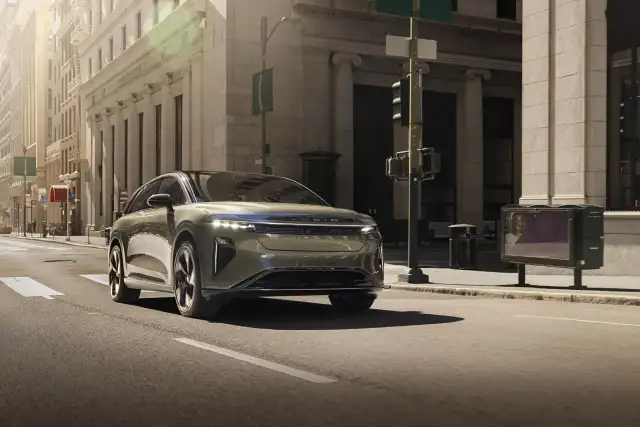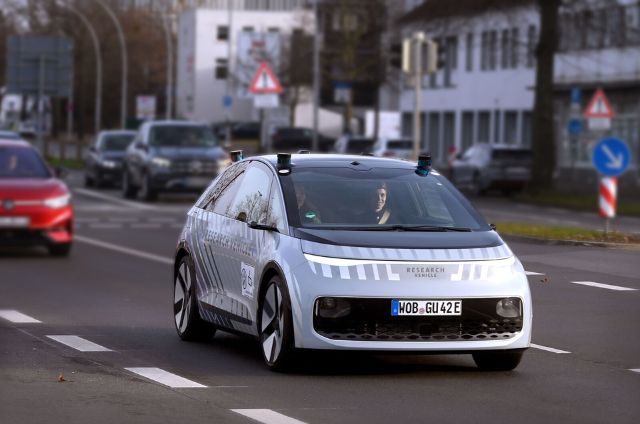Two new Senate bills could make electric vehicles significantly more expensive in the U.S. If passed, they would eliminate federal EV incentives and impose a new tax on EV buyers, signaling a major shift in policy.
EV Tax Credit on the Chopping Block
The first bill, spearheaded by Sen. John Barrasso (R-Wyo.), aims to kill the $7,500 federal EV tax credit. Named the Eliminating Lavish Incentives to Electric (ELITE) Vehicles Act, it would also eliminate the $4,000 used EV tax credit and remove incentives for leased EVs. Additionally, the bill proposes to eliminate tax credits for installing home or public EV chargers, further disincentivizing EV adoption. With 14 Republican co-sponsors, this bill marks a direct challenge to Biden’s clean energy policies.
A New $1,000 EV Fee
A second bill, introduced by Sen. Deb Fischer (R-Neb.), proposes a $1,000 one-time tax on every new EV purchase. Named the Fair Sharing of Highways and Roads for Electric Vehicles (Fair SHARE) Act, it argues that EV drivers don’t pay the gas taxes that fund road maintenance. Fischer claims this tax would cover what an average gas-powered vehicle contributes to infrastructure over ten years.
Critics argue that the bill ignores the fact that many EV owners also own gas-powered vehicles and already contribute to fuel taxes. Others point out that states are experimenting with different approaches, like mileage-based road use fees, instead of flat EV penalties.
Political and Industry Fallout
The timing of these bills isn’t surprising. Since taking office, Donald Trump has vowed to dismantle Biden’s EV policies, calling them a “mandate.” While his executive orders have targeted EV regulations, removing incentives requires congressional action—something these bills aim to achieve.
However, resistance is expected. Some Republican lawmakers represent districts that have benefited from Biden’s EV investments, including new battery and vehicle manufacturing plants. A group of 18 House Republicans previously warned that repealing energy tax credits could hurt private investment and job growth.
Still, with a GOP-controlled Congress and Trump’s clear opposition to EVs, the future of EV incentives in the U.S. looks uncertain.



